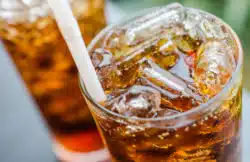 A California federal judge has partially certified a class action lawsuit filed against The Coca-Cola Co. by consumers who say Coke’s “no artificial flavors” labels are misleading.
A California federal judge has partially certified a class action lawsuit filed against The Coca-Cola Co. by consumers who say Coke’s “no artificial flavors” labels are misleading.
U.S. District Judge Jeffrey S. White ruled that each Class in the multidistrict litigation lawsuit has the status to seek an injunction, which would require the company to change its labeling.
The Coca-Cola class action lawsuit was filed by Coke drinkers who claim the brand misleads the public by advertising that the drink is free of artificial flavors and chemical preservatives.
According to the plaintiffs, Coca-Cola shows phosphoric acid as one of the ingredients on the labels of Coke products. The consumers allege that Coca-Cola omitted that the ingredient is used as an artificial flavor and chemical preservative.
Numerous class action lawsuits against the beverage company were consolidated into In re: Coca-Cola Products Marketing and Sales Practices Litigation (No. II) in 2014. In July 2016, the judge denied a motion by Coca-Cola to put the class action lawsuit on hold, denying a stay in the proceedings.
In June 2017, plaintiffs in the consolidated class action sought Class certification, arguing that Coca-Cola arranged a misleading marketing campaign where they claimed the product did not contain artificial flavors or preservatives.
Allegedly, consumers argue that the phrase “No artificial flavors. No preservatives added. Since 1886” is an affirmative misrepresentation because phosphoric acid is a preservative as well as an artificial flavor.
The consumers in this case claim that Coca-Cola violates all three prongs of California’s Unfair Competition Law, California’s False Advertising Law and California’s Consumer Legal Remedies Act.
In addition, the case notes that numerous Coke buyers have filed common law claims for negligent misrepresentation, negligence, unjust enrichment, money had and received, and breach of express warranty.
Judge White denied the motion related to the common law claims filed by the plaintiffs, stating they did not address the elements of those claims for each jurisdiction.
“Plaintiffs have not demonstrated that any damages awarded on these common law claims would be ‘incidental’ to the injunctive relief they seek,” Judge White writes.
Coca-Cola argues that because each plaintiff is now fully aware how phosphoric acid is used by Coke, they cannot show an impending threat that they will be deceived in the future.
However, the buyers argue that the defendants could stop using phosphoric acid in their Coke product, but Coca-Cola argues that this will be unlikely, as the ingredient has been used in the beverage for more than a century.
The plaintiffs sought certification for six Classes made up of individuals in California, Illinois, New York, New Jersey, Massachusetts and Florida who “purchased Coca-Cola’s Coke product within [those states] that: (1) lists phosphoric acid on the ingredients list but does not state that the product contains artificial flavoring and chemical preservatives; (2) includes the label statement no artificial flavors. no preservatives added. since 1886.; and/or (3) includes the label statement original formula.”
Did you purchase Coke thinking there was no artificial flavors in the product? Leave a message in the comments section below.
The plaintiffs are represented by John W. Barrett and Richard Barrett of Barrett Law Group PA; Keith M. Fleischman, Joshua D. Glatter and June Park of Fleischman Law Firm PLLC; and Ben F. Pierce Gore of Pratt & Associates.
The Coca-Cola Artificial Flavor Class Action Lawsuit is In re: Coca-Cola Products Marketing and Sales Practices Litigation (No. II), Case No. 4:14-md-02555, in the U.S. District Court for the Northern District of California.
Read More Lawsuit & Settlement News:
How Much Has the New Jersey Catholic Church Paid for Victim Abuse?
One New York Catholic Priest Abuse Case Settles
ATTORNEY ADVERTISING
Top Class Actions is a Proud Member of the American Bar Association
LEGAL INFORMATION IS NOT LEGAL ADVICE
Top Class Actions Legal Statement
©2008 – 2026 Top Class Actions® LLC
Various Trademarks held by their respective owners
This website is not intended for viewing or usage by European Union citizens.



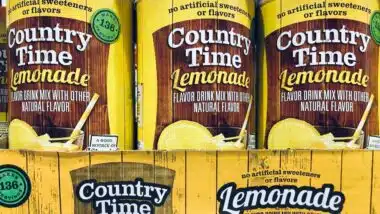

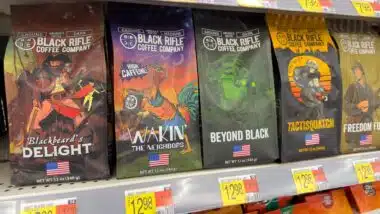
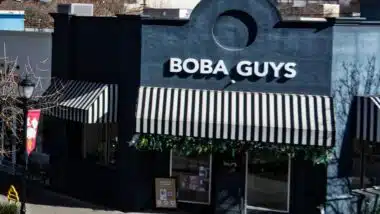
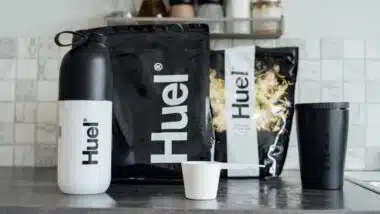


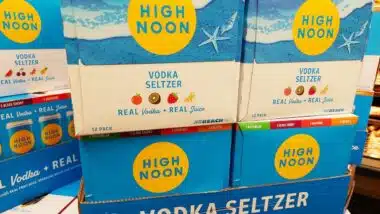
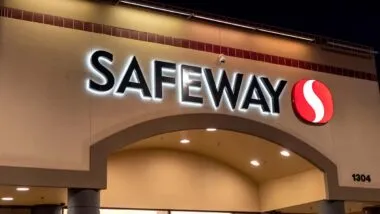
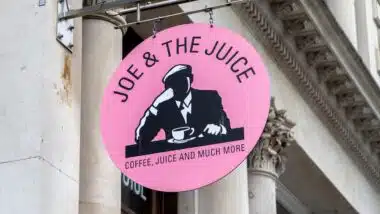
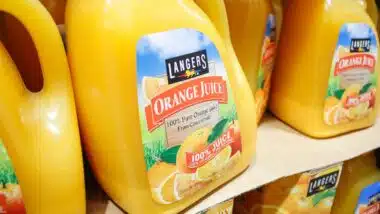
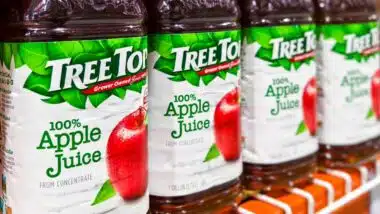
1,116 thoughts onCoca-Cola ‘No Artificial Flavors’ Lawsuit Gets Partial Class Cert.
Add me
Thank you foor providing this service to consumers, Top Class Action, you are doing a great job
I am asking to be added to this lawsuit, its outrageous how people/consumers are mislead and
taken advantage of for profit by large and small corporations, alike.
Add please
Add me please. Coca-Cola mislead consumers and they should pay for their actions.
Yep, add me as well. Tks
Please add me
Please add me
Please add me. This is all I drink for years
Add me